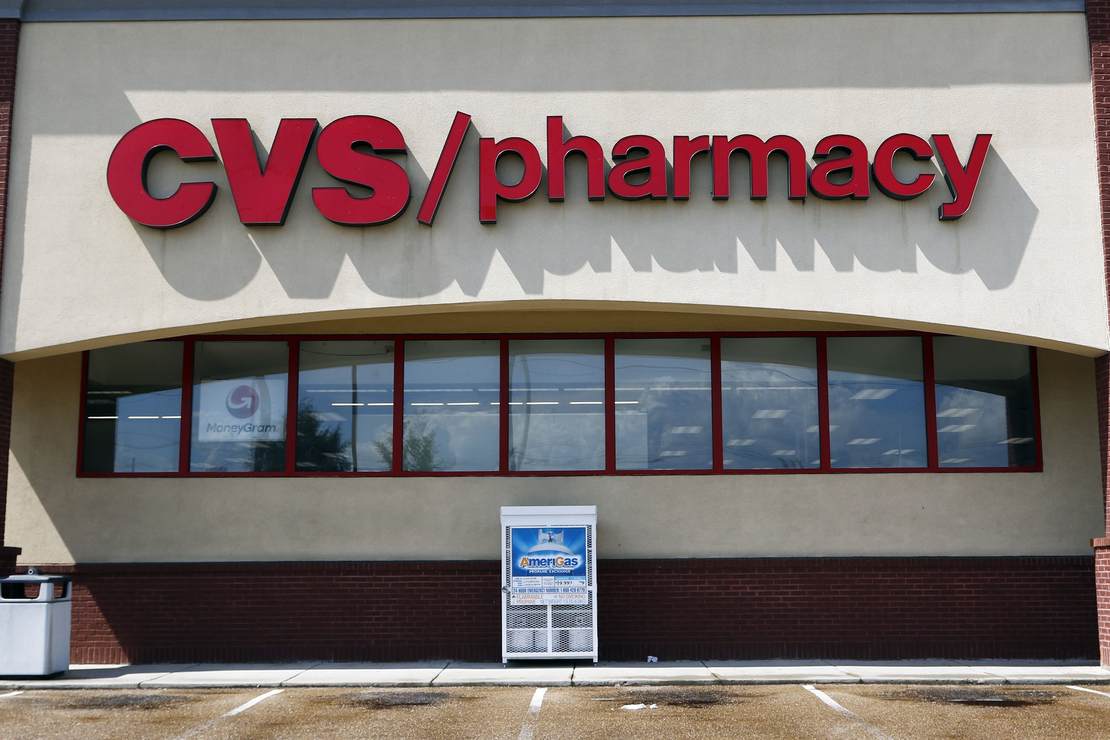
The ruling in the Dobbs v Jackson Women’s Health case by the Supreme Court has increased demand for morning after pills. Major retail pharmacies like CVS and Rite Aid are now limiting purchases in order to ensure ‘equitable access’ for customers. Walgreens is working to restock its warehouses but the company says its supply is adequate, though it has sold out of the drugs it can put up for delivery.
The morning after pill is not the same as medical abortion pills. There are two pills that are available – Plan B and Aftera. Aftera is usually less expensive than Plan B. CVS sells Plan B for $49.99 each, and the Aftera brand for $39.99 each. Right Aid, which has more than 2,500 pharmacies in northern states, has capped sales of the pills. They sell for $32.99.
Online searches for the morning after pills exploded on Friday after the Supreme Court ruling. The pills are about 87% effective.
Online inquiries about Plan B skyrocketed in response to the Supreme Court’s ruling on Friday. Google searches about the morning-after pill hit peak popularity on Friday, reaching the 100-point mark using Google’s tracking standards. By comparison, the level of interest online was at an 11 on Thursday. The term “morning-after pill” also hit peak popularity on Friday, as did “emergency contraceptive pill.”
Major retailers have begun rationing supplies of the morning-after pill. The most widely used pill is Plan B, but retailers such as CVS and Amazon sell less expensive alternatives, such as Aftera and My Choice. Rite Aid and Amazon are now limiting the number of Plan B pill packs a person can purchase per transaction to three, both online and in stores. Walgreens.com was out of stock completely on Tuesday.
In-stock rates online have fluctuated over the past few days. CVS.com had placed a three-pack limit on Plan B per transaction on Monday, but the purchasing limit went up to 99 on Tuesday. CVS acknowledged that rationing was necessary at least temporarily, even though stores have “ample supply” of Plan B and Aftera.
READ RELATED: 31 Members of 'Patriot Front' AstroTurf White Nationalist Group Arrested in Coeur d'Alene for Conspiracy to Riot
“Immediately following the Supreme Court decision, we saw a sharp increase in the sale of emergency contraceptives and implemented a temporary purchase limit to ensure equitable access,” said Kara Page, manager of corporate communications at CVS. “Sales have since returned to normal and we’re in the process of removing the purchase limit, which will take effect in-store and on CVS.com over the next 24 hours.”
Since the Supreme Court ruling, women have been stocking up. Online reproductive and sexual health provider Wisp sells two different types of morning after pills. It has seen a 3,000% surge in sales since Friday. Sales have continued to rise every day since Friday. CEO Ahmad Bani responded to CBS MoneyWatch.
Customers first flocked to Wisp’s website in May, after a draft version of the high court’s decision on Roe was leaked. At the time, Wisp recorded a 40% surge in sales of emergency contraception products and services compared to the previous month, Bani said.
Wisp sells Levonorgestrel, a generic version of the Plan B pill, for $17. The pills can be taken within three days of unprotected sex or contraceptive failure. Wisp also sells a different type of emergency contraceptive called Ella, which can be taken within five days after sex, costs $22 and requires a prescription.
Retailers are limiting purchases in order to have the pills available to women unable to stock up, similar to behavior exhibited during the pandemic. when people hoarded products which caused empty shelves. There is no shortage now. It’s just interesting that this now becomes a part of the conversation after the Supreme Court ruling.
Source:






